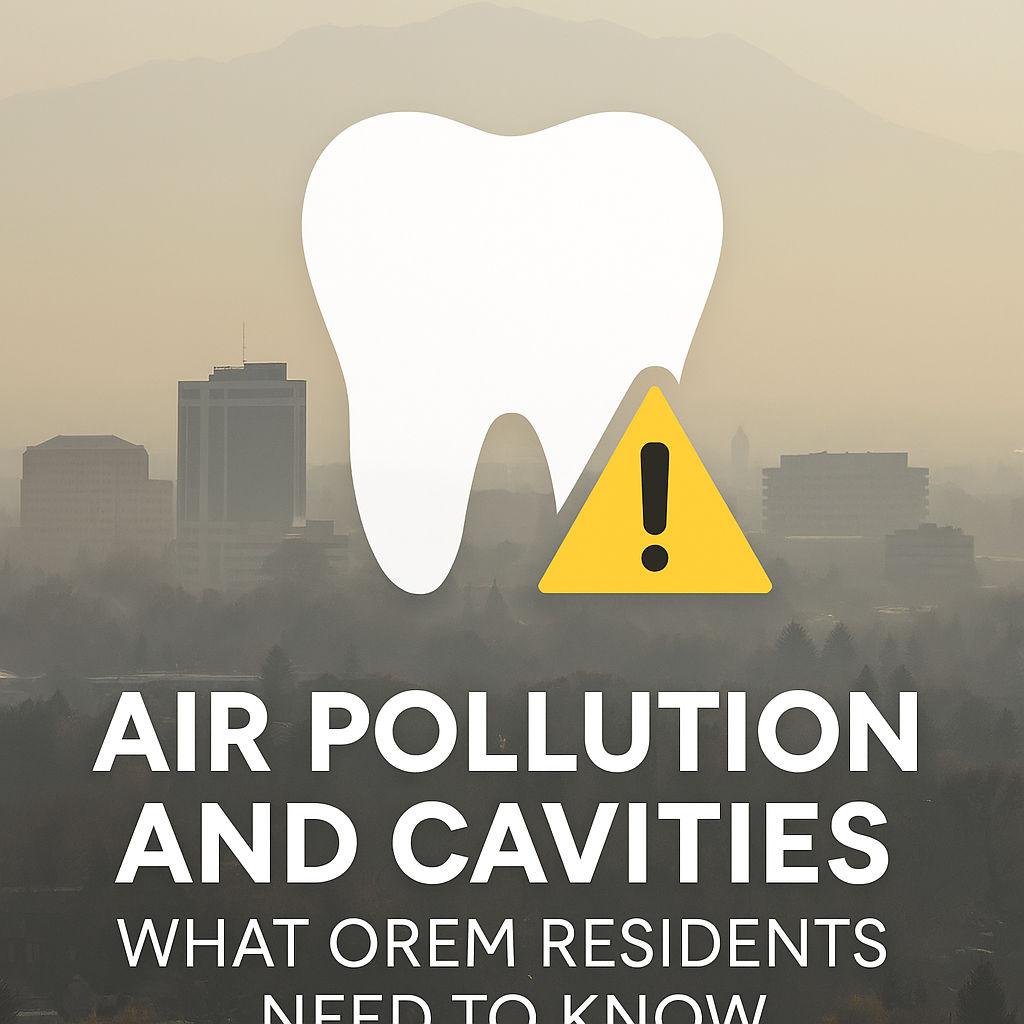Blog Highlights:
- There are a lot of dental treatments which are readily available today, availing them however, can sometimes be costly.
- Dental insurances cannot be used for full payments for dental procedures as they only serve as discount coupons
- Some self-paying policies will not help you save money as they can make dental costs more expensive
- Some dental insurance will only cover the basics and it cannot be used for orthodontics and other complicated treatments
Receiving the proper dental treatments and dental checkups is not just important for your teeth and gums, it is also very important for your health in general.
Although many cutting-edge treatments are readily available today, one should remember that these treatments tend to cost a lot of money. Routine checkups can be costly, but treatments for specific dental problems can cost you thousands of dollars. This why many people turn to dental insurance so that they can at least make these costs a bit lower.
Dental insurance however, has its advantages and advantages. Here are what you need to know about it so you can use it to your advantage, and so that you can decide properly if you should get one or not.
Dental insurance works differently from other types of insurances. Typically when we say “insurance” we are referring to something that we can use to protect ourselves from unforeseen payments or expenses. Unfortunately, dental insurances work more like a discount coupon. This means that it can only be used to lessen dental costs. This is also why you need to know what your dental insurance covers. You should know if it can be used for routine care and treatments, cosmetic procedures, and for orthodontics. Knowing at what percentage it will lessen the customary and usual fees is also essential. You need to know what the insurance will refer to as the usual fee as they can actually be much less than the actual cost and the annual deductible, the amount that you need to pay first before the policy pays. There is also a maximum benefit that will limit what you can get from the insurance per year.
As the purchaser, you need to weigh all the costs. Most employers are required to pay the premiums on many dental plans as one of the benefits that you can receive. But those who are paying the premiums themselves need to get the actual picture of what they are spending for dental care by adding the cost of the premium with other dental costs. You should know that a self-paying policy can increase what you pay for dental care and this will not help you save money.
Your policy will probably not cover everything. Most plans will only cover the basics, this will only include checkups, minor repairs, cleanings, as well as some restorations. They will most likely not include some dental materials for fillings or crowns, they may not include dental implants, and other orthodontic procedures. Some plans will even require that you only see a dentist that they recommend or one that is part of their group. This is why you need to find out the limitations in your dental insurance first so you will know if the benefits that you will be receiving will be worth the cost.
Talk to your dentist about your dental care costs. Knowing the ins and outs of your dental insurance can be very difficult especially for those who have not used it before. But by talking about your insurance policy and about your dental care costs with your dentist, you might be able to find the best way for you to get a procedure through the policy or by getting payment arrangements and financing.





